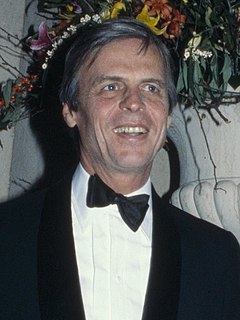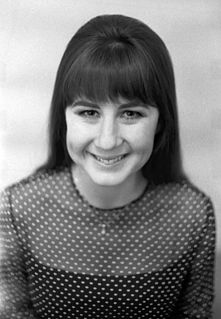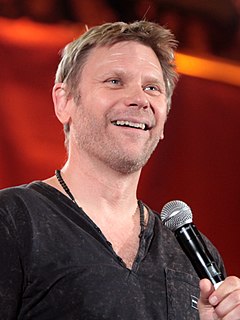A Quote by George Plimpton
He was interviewed in the early '60s by a young novelist, Pati Hill.
Related Quotes
As a child growing up in pre-gentrification Boerum Hill, Brooklyn, I went everywhere by bicycle. My bike was in many ways the key to my neighborhood, which, at the time, was Boerum Hill, Brooklyn. This was in the 60s and 70s, before all the white people and restaurants. I really can't underscore boldly enough the fact that I grew up in Boerum Hill, Brooklyn, before it was gentrified. You could get mugged!
When I began writing poems, it was in the late 60s and early 70s when the literary and cultural atmosphere was very much affected by what was going on in the world, which was, in succession, the civil rights movement, the antiwar movement, and the women's movement in the 60s, 70s, and into the early 80s. And all of those things affected me and affected my thinking, particularly the Vietnam War.
When I was a kid, a lot of my parents' friends were in the music business. In the late '60s and early '70s - all the way through the '70s, actually - a lot of the bands that were around had kids at a very young age. So they were all working on that concept way early on. And I figured if they can do it, I could do it, too.
One of the things about landays is that they thrive in a modern context. Early on I went to this incredible Pashtun novelist, Mustafa Salik, who is a bestselling novelist in Afghanistan and works for the BBC in Pashto. With the question of the sanctity of the poems in mind, I asked him, "Aren't you worried? They've been posted on Facebook and such." And he said, "Just the opposite. This is a folk form; they survive and thrive as people share them."

































